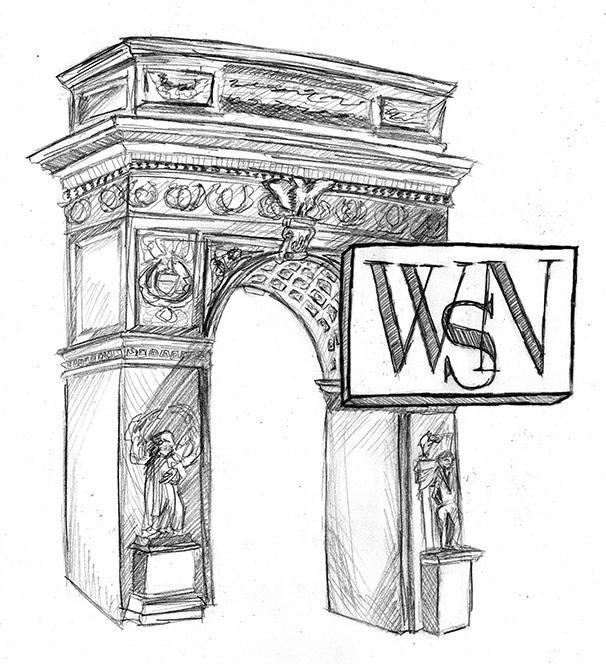Stamp Out Sexual Harassers
February 19, 2018
In the wake of the #MeToo movement and the recent unprecedented level of awareness surrounding sexual misconduct, one would think that NYU, a university that prides itself on being a trailblazer in safety and inclusivity, would be at the forefront in attempting to integrate the movement into the world of academia. Unfortunately, this is not the case. At least in terms of the way NYU has approached sexual assault issues relating to faculty, which has been completely reactive. Past instances have shown that the school currently lacks sufficient preventative infrastructure to properly provide safety for its students. NYU should do a more thorough background check on all new hires before bringing them in contact with students. This way, the university can avoid having to come under fire for the past mistakes of these hires.
NYU has seen a few reported cases of sexual misconduct practices among its faculty. Most recently, former Steinhardt Adjunct Professor Bradley Garner, a world renowned flutist, was fired after his history of sexual misconduct came to light. While no NYU students or faculty members made direct allegations, Garner committed unwanted sexual advances toward his former students at the University of Cincinnati while he was employed by NYU. The Cincinnati Enquirer reported allegations from Garner’s students on Feb. 6, and NYU announced two days later that Garner had been let go. What makes this situation even more concerning is that Garner isn’t the only case.
In October, visiting scholar Todd Heatherton was also fired from NYU after the university administration became aware that he was under investigation for sexual misconduct at Dartmouth University at the time. While the university quickly took action following the announcement of the investigation, NYU’s efforts to safeguard students’ emotional and physical safeties are undermined by cases like Heatherton’s. The university’s response was entirely reactive. And these are just two public cases of misconduct committed by NYU faculty. We don’t know how deep the problem truly runs.
President Andrew Hamilton recently spoke at a University Senate meeting and remarked, “The focus on the #MeToo movement has created an opportunity for all of us to engage in a dialogue here at NYU that will lead to change.” Ironically, the #MeToo movement doesn’t seem to have shifted preventitive measures against sexual assault too much at NYU. The university’s investigations into these individuals were not thorough and their responses were reactive. It seems that the vetting process at NYU is lackluster and greater effort should be put into researching professors’ backgrounds. Heatherton was on paid leave. Bradley had past allegations of sexual misconduct. NYU needs to research why prospective professors left their previous institutions.
Colleges and universities are supposed to prepare their students, both academically and morally. However, how are we supposed learn positive conduct when some of us may have been taught by people who embody the opposite? If NYU wants to be a part of the #MeToo movement, it can no longer wait until something goes wrong to try and address it. We want to see NYU at the forefront of these investigations, not cleaning up the aftermath.
A version of this appeared in the Tuesday, Feb. 20 print edition. Email the WSN Editorial Board at [email protected].
























































































































































